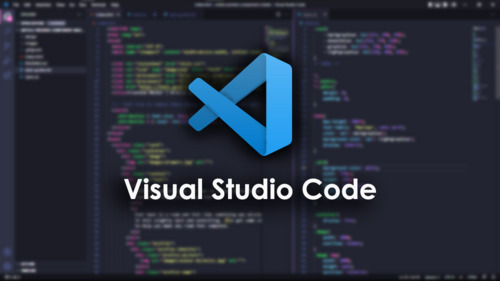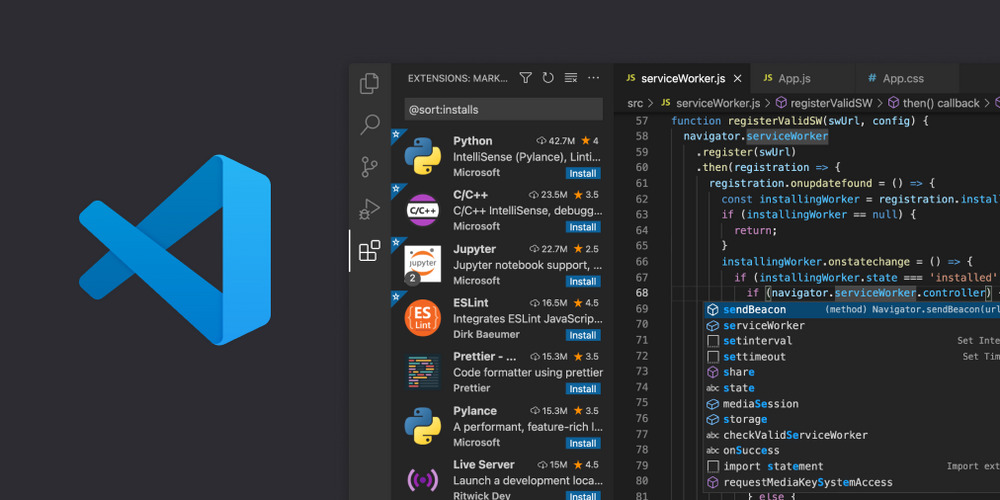Visual Studio Code: The Powerhouse Editor for Modern Development

The development landscape is brimming with tools designed to cater to every possible need of a programmer. Amid this digital toolshed, Visual Studio Code (VS Code) stands out, not only for its features but for the versatility it offers. This article takes you on a journey through the core aspects of VS Code and its significance in the modern development environment.
What is Visual Studio Code?
Visual Studio Code is a lightweight, free, and open-source code editor, developed by Microsoft. Although it shares a name with Microsoft’s flagship IDE (Integrated Development Environment), Visual Studio, VS Code is a distinct entity designed with a focus on simplicity and speed. It supports a multitude of programming languages, making it a top choice for developers worldwide.
What is it for?
The primary goal of Visual Studio Code is to provide developers with a streamlined coding experience. It’s not just limited to one or two programming languages but offers support for nearly all, making it versatile for various projects. For instance, web developers working on platforms like PlayUZU casino can utilize VS Code for front-end JavaScript tasks, while also tapping into its capabilities for back-end operations written in languages like Python or Ruby.
Furthermore, VS Code isn’t just for professional developers. Hobbyists, students, and even writers dabbling in scripting find it user-friendly, owing to its intuitive interface and community-driven extensions.

Functionality
Visual Studio Code is brimming with functionalities that are both inherent and extendable:
- Intellisense: A predictive coding feature, Intellisense offers automatic code completions, based on variable types, function definitions, and imported modules.
- Extensions: The editor’s functionality can be widely extended through its marketplace. From language support to themes, the possibilities are vast.
- Git Integration: Directly integrated with Git, developers can initialize repos, commit changes, and even see diffs without leaving the editor.
- Debugging: Built-in debugging tools allow developers to test their code in real-time, set breakpoints, and inspect variables.
- Customizable Interface: Whether it’s the theme, keyboard shortcuts, or editor layout, VS Code is fully customizable to suit individual preferences.
Benefits of the Program
Here are some overarching benefits of using Visual Studio Code:
- Cross-Platform: VS Code is available for Windows, Mac, and Linux, catering to developers on any platform.
- Performance: Being lightweight ensures that the editor is snappy and doesn’t bog down the system, even with multiple files open.
- Active Community: A strong community means frequent updates, a plethora of extensions, and ample community support.
- Flexibility: With support for virtually every programming language and a myriad of extensions, it’s a tool that adapts to the developer’s needs.
- Integrated Terminal: Developers can access the terminal directly from VS Code, streamlining the coding process.



